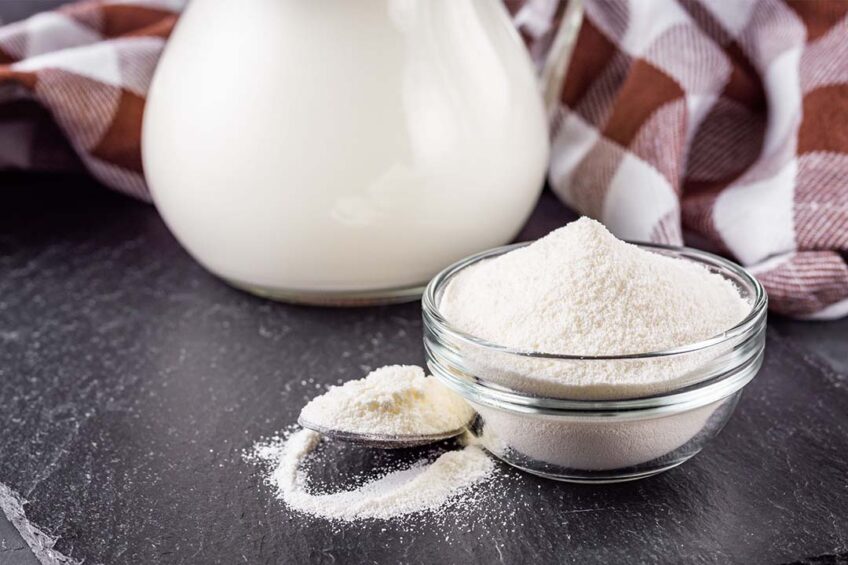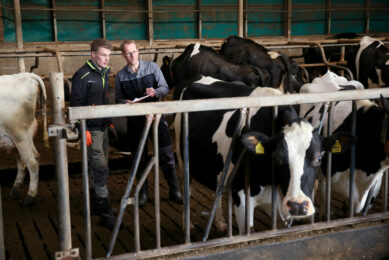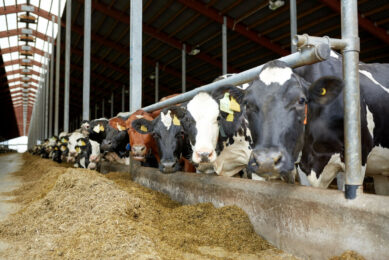Sanctions further impact Russian dairy exports

Following growth in sales to foreign customers last year, Russia expects to boost dairy exports in 2024, Soyuzmoloko, the Russian Union of Dairy Industry, has forecasted. However, increasing logistics and settlement issues attributed to Western sanctions could impact the upward trend, it said.
In 2023, Russian dairy exports jumped by 15-18%, Artem Belov, Soyuzmoloko general director, disclosed. “Despite the fact that we have exported about US$500 million of dairy products in recent years, which was approximately 4% of production, last year our export structure began to change significantly,” he said at the Agrotrend conference.
According to Belov, supplies to non-CIS countries and supplies to exchange categories – milk powder and whey – experienced major growth. During the first 2 months of 2024, Russia’s raw milk production climbed 5% compared with the previous year, Belov added.
Sanctions
However, Belov voiced concerns over the logistics and financial challenges associated with foreign trends, including interbank transactions when paying for services. Since the beginning of 2024, Russian businesses have reported problems running foreign accounts, including UAE, Turkey and China.
Turkish banks have started closing Russian corporate accounts following threats of secondary sanctions from the United States. According to a local trade association, Turkish exports to Russia sank by 30.4% to US$551 million in January.
Russian firms, including dairy exporters, have traditionally used banks in the Middle East and Asia to collect payments for delivered goods to customers worldwide. However, recent compliance measures and increased scrutiny from these banks, particularly in relation to Russian customers, have created significant challenges for firms, leading to delays and disruptions in payment collection.
Belov said the main challenges for the dairy sector include the increase in production costs and the rise in the key interest rate. Soyuzmoloko expects that growth in sales to new markets could boost Russian dairy exports this year. For example, the organisation forecasted a rise in dry milk and whey exports to Nigeria
Join 13,000+ subscribers
Subscribe to our newsletter to stay updated about all the need-to-know content in the dairy sector, two times a week.










